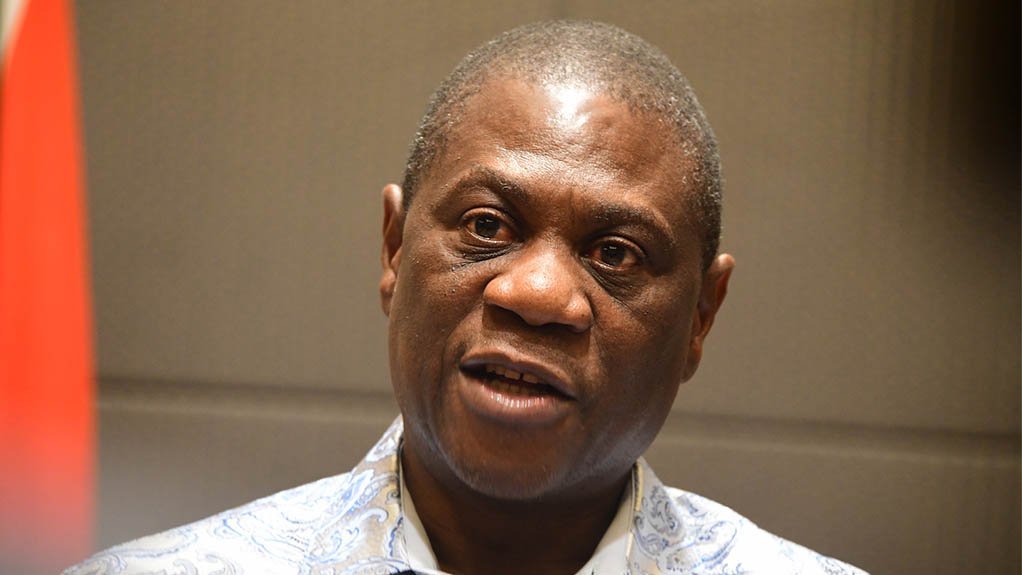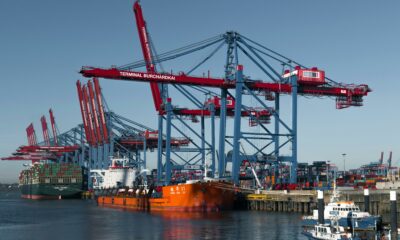Business
Mashatile Warns of Job Losses as Global Trade Barriers Threaten South Africa’s Economy

Deputy President Paul Mashatile has raised alarms over the rise in global trade barriers, warning that the ripple effects could further hurt South Africa’s economy and lead to widespread job losses.
Speaking at a Workers’ Day gathering hosted by COSATU-affiliated unions at Curries Fountain in Durban, Mashatile said the growing protectionist stance in global trade—especially the recently announced “reciprocal tariffs” by U.S. President Donald Trump—could have dire consequences for local industries.
“The global economy is experiencing an increase in trade barriers and a decrease in growth projections. These developments will impact our economy and will lead to retrenchments and job losses,” he said.
Trump’s proposed tariffs target several countries, including South Africa. While their implementation has been paused for three months (except for China), the move has already sparked anxiety among South African businesses, especially in the agricultural and manufacturing sectors.
South African table grape producers, for instance, have voiced serious concerns over a proposed 31% U.S. tariff. Industry leaders warn that if such tariffs are enforced, they could make exports uncompetitive, threaten thousands of seasonal and permanent jobs, and cripple the export market.
Unions and business leaders share the Deputy President’s concerns. Many argue that while South Africa works to tackle its persistent unemployment crisis—currently at 31.9% according to Stats SA—the last thing the country can afford is a shrinking export sector.
“The global situation will make it more difficult for South Africa to address the economic and social challenges,” Mashatile added, highlighting how international decisions could worsen domestic inequality and job insecurity.
South Africa, already grappling with a slowing economy, power constraints, and high youth unemployment, may face an even steeper climb if global trade restrictions increase. While there is still a window for diplomatic engagement during the three-month pause in U.S. tariff enforcement, Mashatile’s warning underscores the urgency for South Africa to strengthen trade resilience and negotiate better terms with key partners.
Deputy President Mashatile’s remarks serve as a stark reminder that global policy decisions can have deeply local consequences. As trade tensions rise and protectionism spreads, South Africa must act swiftly to safeguard jobs, support key industries, and ensure economic stability.
{Source: IOL}
Follow Joburg ETC on Facebook, Twitter , TikTok and Instagram
For more News in Johannesburg, visit joburgetc.com


























